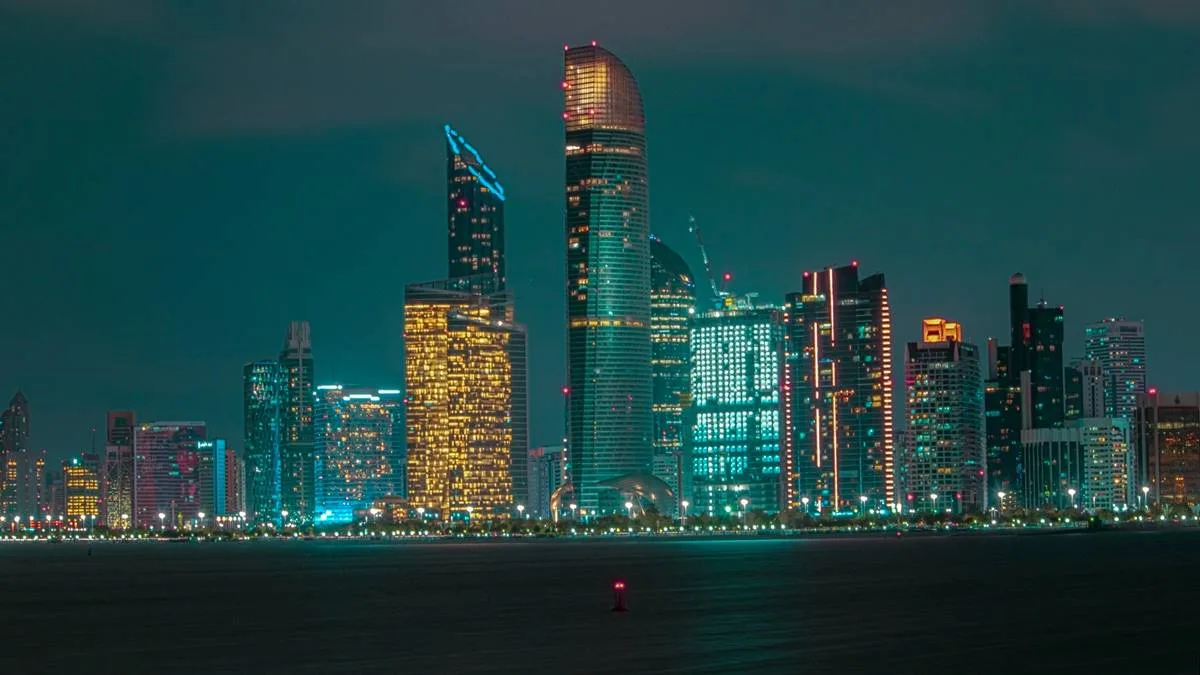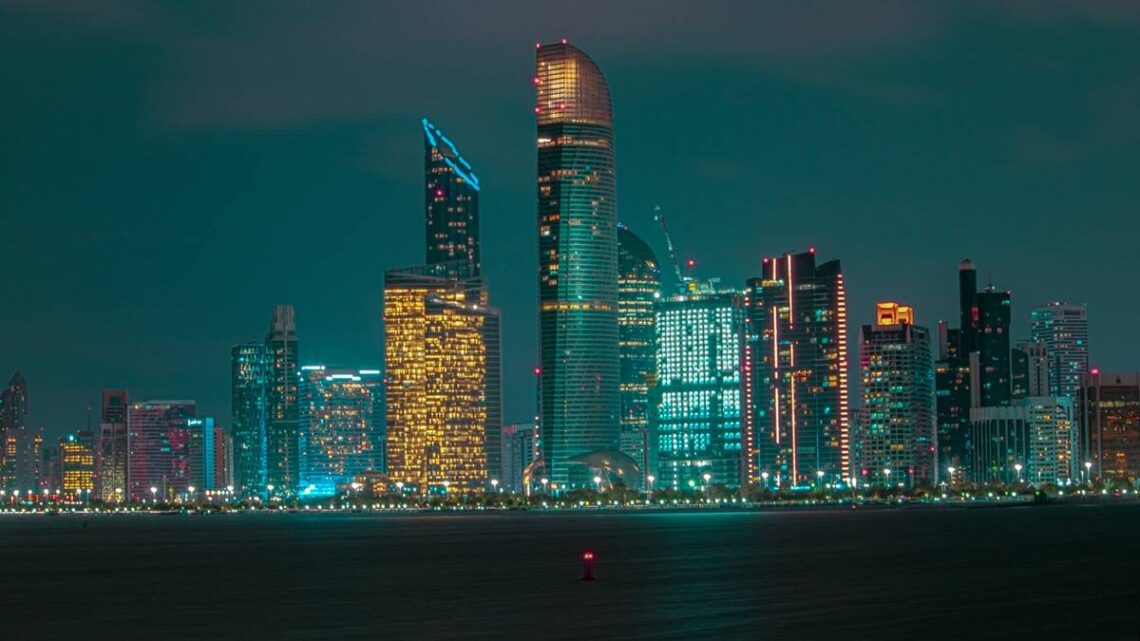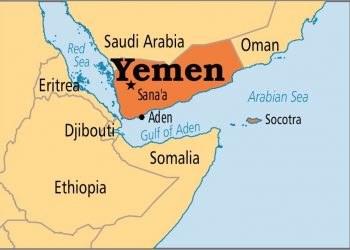Abu Dhabi has launched an innovative air quality improvement plan, utilizing an advanced system developed by the Environment Agency of Abu Dhabi to identify and mitigate pollution hotspots, particularly focusing on the environmental impact of construction projects in the emirate. This cutting-edge air-quality system aims to reduce pollution exposure and enhance air quality throughout the capital, supporting environmental regulation policies through the evaluation of the anticipated impact of urban development initiatives. It includes the annual release of detailed emirate-wide air-quality maps and identifies areas with heightened pollution levels, with the collected data accessible to the public through air-quality forecasts.

Faisal Al Hammadi, the executive director of the agency’s Environmental Quality Sector, stressed the importance of addressing air pollution as the most significant environmental threat to human health. He emphasized the need for evidence-based tools, leading to the development of a bespoke Air Quality Modelling System for Abu Dhabi. This system, designed for the emirate, aims to secure improved air quality by supporting permitting activities, compliance evaluation, and future scenario development, addressing climate and odor impacts alongside air-quality forecasts and public awareness.
Various factors contribute to poor air quality in the region, including heavy industry, traffic congestion, and weather conditions like sand and dust storms. The UAE experienced hazardous air quality ratings in July due to dusty conditions, prompting alerts from the IQ Air Index.
Health experts in the UAE highlighted the adverse effects of air pollution, particularly for individuals with respiratory illnesses like asthma. A network of 22 air monitors, both fixed and mobile, is in place across the emirate, analyzing and tracking 14 pollutants, with a focus on particulate matter and ground ozone.
In response to global concerns, the UAE has initiated efforts to study the impact of air quality on public health. Mariam Al Mheiri, Minister of Climate Change and Environment, announced a partnership with the Pure Health group to explore how air quality influences longevity and overall well-being. Despite global averages, the UAE is slightly below average for exposure to PM2.5, a key contributor to air pollution, based on data from the 2017 Global Burden of Disease Study. The UAE’s mean annual exposure to PM2.5 is 41 micrograms per cubic meter, compared to the World Health Organization’s recommended maximum of 5 micrograms per cubic meter.
Read more: UAE Union Day Show Tickets Now Available.
Follow INCPAK on Facebook / (X) Twitter / Instagram for updates.

















